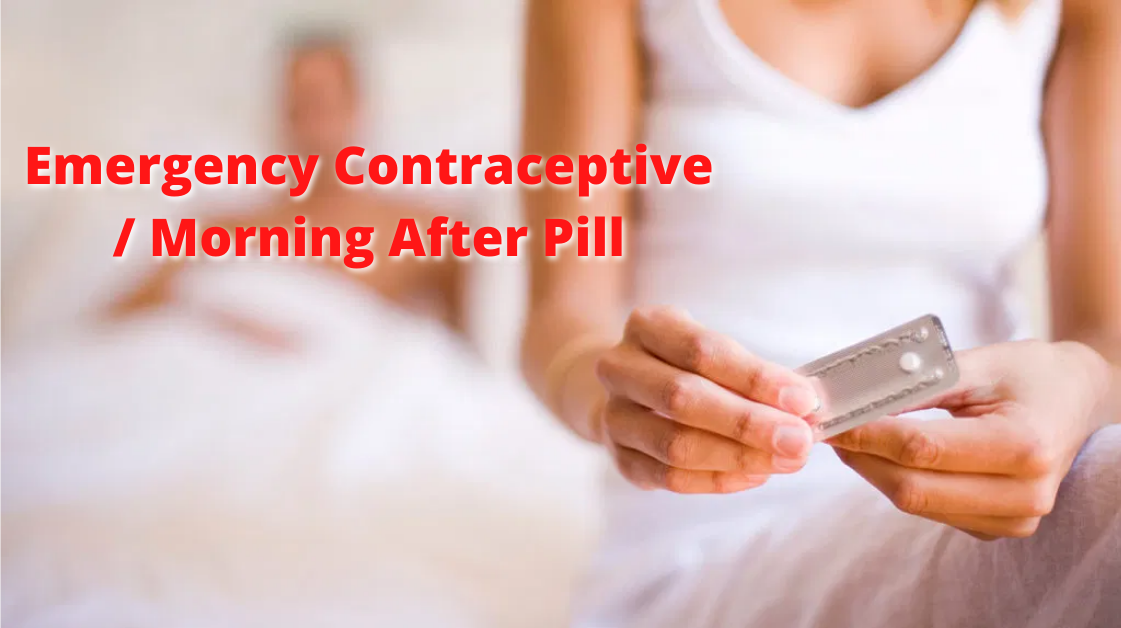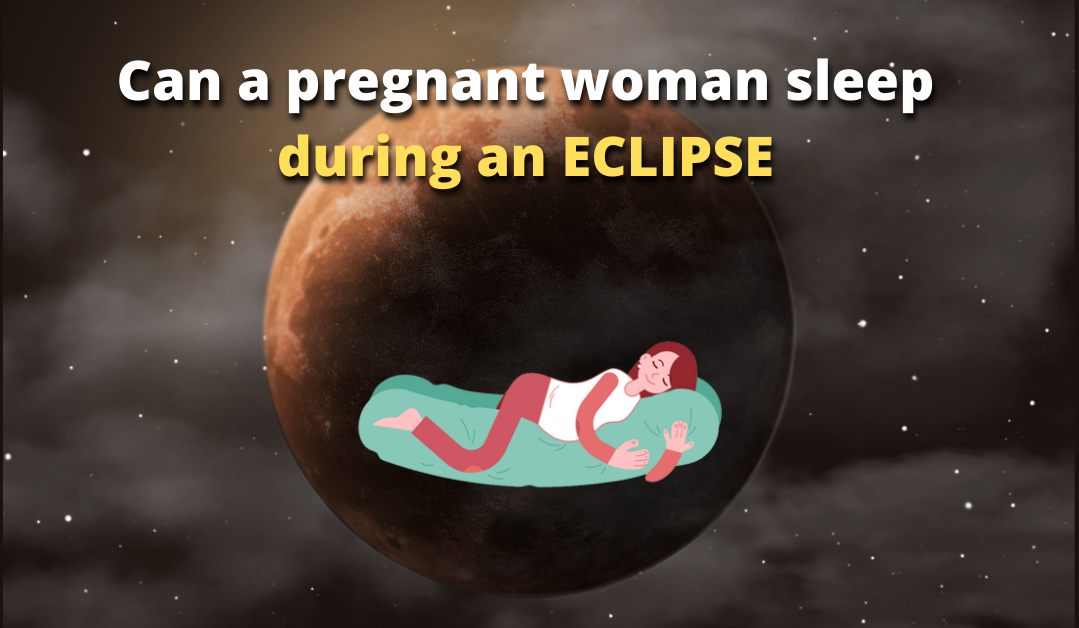
Emergency Contraceptive / Morning After Pill
- The morning-after pill is meant for backup contraception only.
- Emergency contraception is used to prevent pregnancy after unprotected sex or if birth control method has failed e.g., condom leak.
- Morning-after pills do not end a pregnancy that has implanted. It works primarily by delaying or preventing ovulation and making uterine environment hostile.
- In overweight or obese, the morning-after pill won’t be as effective in preventing pregnancy.
- Side effects can be:
- Nausea or vomiting
- Fatigue
- Breast tenderness
- Bleeding between periods or heavier menstrual bleeding.
- Lower abdominal pain or cramps.
- The morning-after pill doesn’t offer lasting protection from pregnancy. If you have unprotected sex in the days and weeks after taking the morning-after pill, you’re at risk of becoming pregnant.
- If period doesn’t come within three to four weeks of taking the morning-after pill, take a pregnancy test.
- For maximum effectiveness, emergency contraception should be started as soon as possible after unprotected intercourse, and within 120 hours.
- If you start bleeding or spotting that lasts longer than a week or severe lower abdominal pain three to five weeks after taking the morning-after pill, contact doctor. These can indicate a miscarriage or that the fertilized egg has implanted in a fallopian tube (ectopic pregnancy).
- Ectopic pregnancy is a serious complication, it destroys your one fallopian tube for good.
- Follow one concrete contraceptive
- Oral contraceptive pills
- Intrauterine device
- Vaginal ring
- Injections every 3 months.
- Don’t rely on morning after pills.


